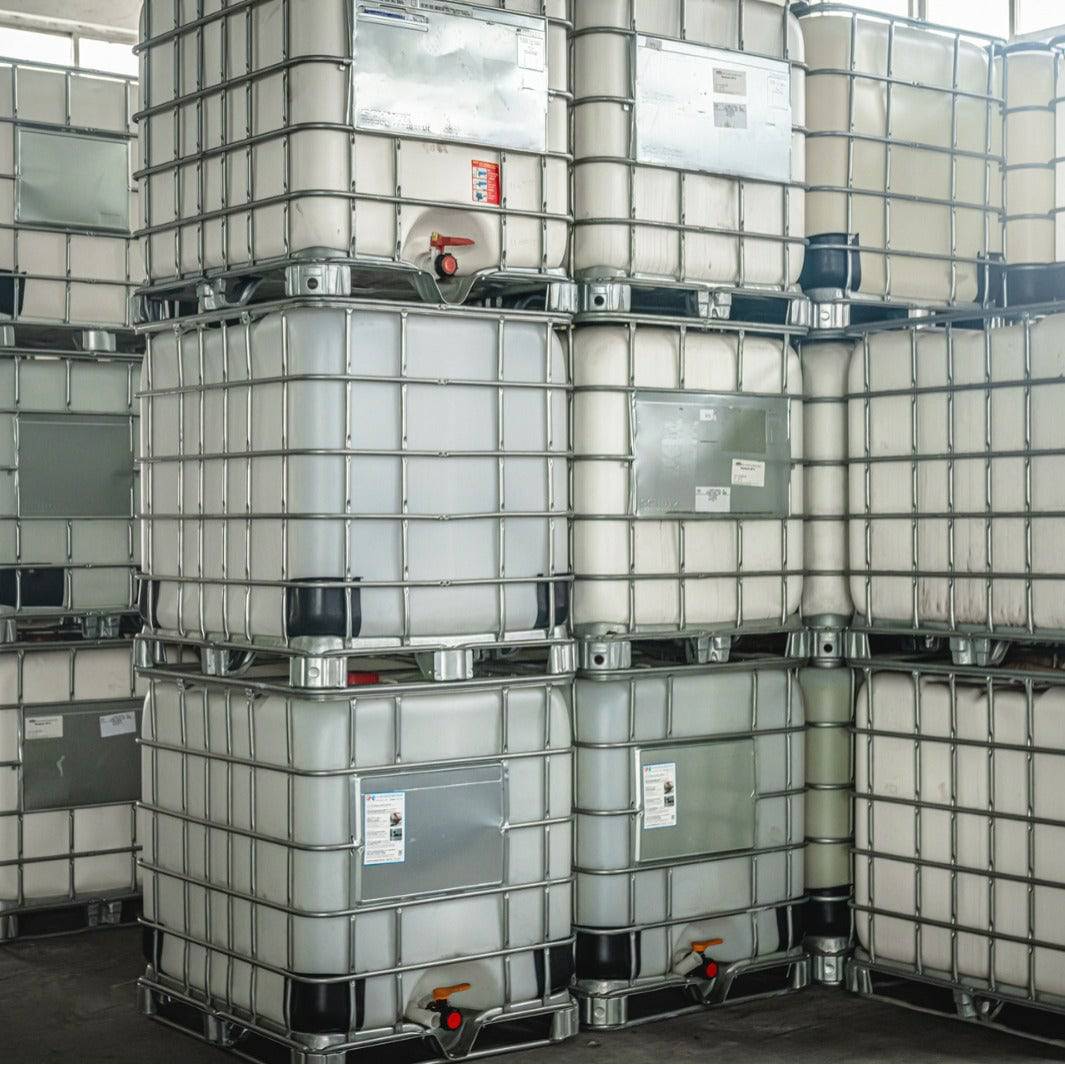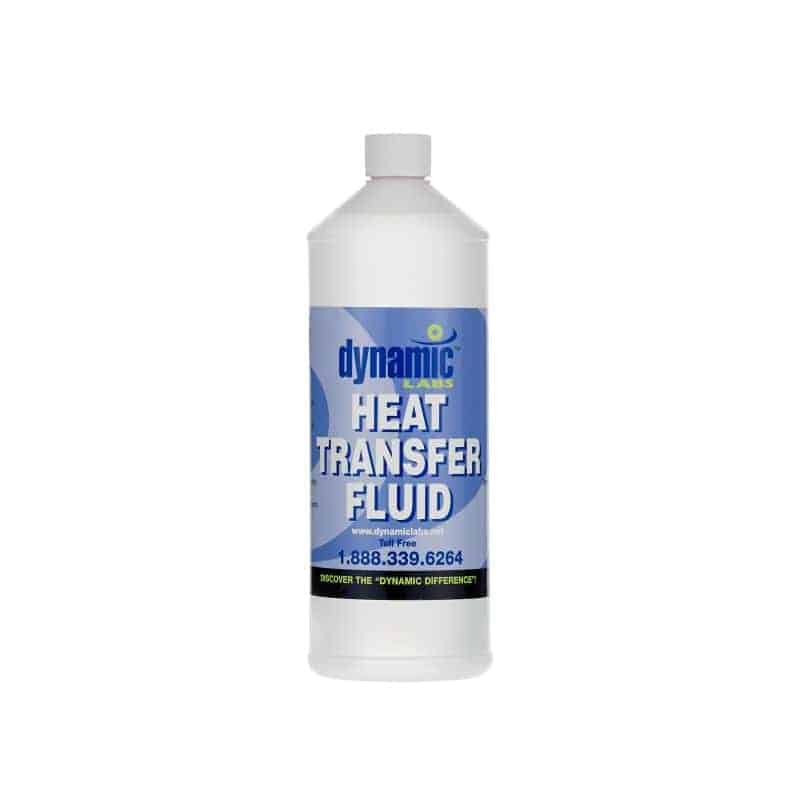Thermal Oil vs. Other Heat Transfer Fluids: Which Is Best for Your Needs?
Thermal Oil vs. Other Heat Transfer Fluids: Which Is Best for Your Needs?
Blog Article
Why Picking the Right Heat Transfer Fluid Is Vital for Optimal System Efficiency
Selecting a proper warm transfer fluid is a critical choice that can significantly influence system performance and functional prices. The best liquid not only boosts thermal performance yet additionally guarantees longevity and integrity of equipment, minimizing the threat of pricey downtimes. Secret buildings such as thermal conductivity, thickness, and thermal security should be thoroughly reviewed to optimize power consumption and prevent possible failures. As the ramifications of this option extend much past immediate efficiency, comprehending the nuances of fluid option comes to be important for any individual looking to achieve ideal system performance. What aspects should be prioritized in this critical decision-making procedure?
Relevance of Heat Transfer Fluids
What duty do warmth transfer liquids play in commercial processes? Warmth transfer liquids are crucial for the efficient transfer of thermal power within numerous commercial systems.
The choice of warmth transfer fluid can substantially affect energy effectiveness, devices, and safety durability. Liquids should can standing up to high temperatures and stress without breaking down, as well as exhibit very little volatility and reduced toxicity. Their performance straight impacts not just the productivity of the system however likewise its functional expenses.
Moreover, warmth transfer liquids play a critical function in keeping procedure control, guaranteeing that temperature level fluctuations are lessened. This is especially important in sensitive applications such as petrochemicals and pharmaceuticals, where exact temperature monitoring is vital. Overall, the significance of selecting the best warmth transfer liquid can not be overemphasized, as it is important to enhancing industrial procedures and boosting total system efficiency.
Key Characteristic to Consider
When picking a warm transfer liquid, which vital residential or commercial properties should be prioritized to make sure ideal efficiency? Thermal conductivity is critical; a fluid with high thermal conductivity will efficiently move heat, minimizing power loss. Furthermore, the specific heat capability of the fluid is important, as it determines just how much energy the fluid can save and launch, influencing total system responsiveness.
Thickness is an additional significant residential property to think about, as it influences the liquid's flow features; reduced thickness liquids are normally favored for much easier blood circulation and decreased pumping energy. The fluid's temperature range is just as vital; it must perform effectively within the operational temperature levels of the system without evaporating or weakening.
Consider the environmental effect and safety and security account of the fluid, as guidelines and sustainability goals increasingly influence liquid selection. By prioritizing these key properties, one can pick a warm transfer fluid that improves system resilience and integrity.

Effect On System Performance
The option of warm transfer liquid straight affects system performance, influencing both power consumption and operational performance. A liquid's thermal conductivity, thickness, and warmth capacity play crucial duties in exactly how properly it moves warmth within a system. Optimal fluid residential or commercial properties make sure that warm is taken in and dispersed effectively, decreasing energy losses and boosting the total performance of the system.

Furthermore, the compatibility of the liquid with system products can considerably impact efficiency. A fluid browse around these guys that creates rust or destruction can result in leaks and system failures, additionally decreasing performance. In recap, the appropriate warmth transfer liquid not only maximizes energy effectiveness and reduces costs but additionally boosts the reliability and long life of the system, making it an important factor to consider for engineers and decision-makers in thermal administration applications.
Typical Sorts Of Heat Transfer Fluids
A range of warmth transfer liquids are typically used in thermal administration systems, each with unique buildings suited to certain applications. Water is just one of one of the most widely made use of warmth transfer liquids because of its high details heat ability, inexpensive, and schedule. Its freezing point limits its use in low-temperature applications.
Thermal oils, commonly stemmed from oil, are another prominent choice, specifically in high-temperature systems. These liquids can operate at raised temperatures without vaporizing, making them perfect for industrial applications. They might have constraints worrying thermal security.
Refrigerants, used primarily in cooling systems, have special thermodynamic properties that permit reliable warm transfer at reduced temperatures. Their choice is vital to make sure effectiveness and conformity with ecological laws.

Furthermore, stage change products (PCMs) are gaining grip for their capability to take in and launch substantial quantities of warmth during phase shifts, offering an one-of-a-kind service for thermal power storage space. Each fluid's certain features have to be assessed for ideal efficiency.
Best Practices for Selection
Picking the proper heat transfer fluid entails cautious consideration of numerous crucial aspects that line up with the specific demands of the application. Second, consider the fluid's thermal conductivity, which influences heat transfer rates; higher thermal conductivity typically leads to enhanced efficiency.
Additionally, examine the fluid's thickness, as it influences pumping energy and general system effectiveness. Reduced viscosity liquids usually minimize power consumption during flow. Compatibility with system products is one more essential element; guarantee that the liquid does like this not create rust or degradation of pipes and elements.
Following, take right into account the liquid's stability and longevity, especially in high-temperature applications. A secure fluid lessens maintenance and substitute expenses. Ecological and security guidelines need to assist your selection procedure, highlighting environmentally pleasant and non-toxic choices when feasible.
Verdict
In conclusion, selecting the appropriate warmth transfer liquid is essential for attaining ideal system effectiveness. The appropriate fluid enhances thermal conductivity, minimizes power losses, and promotes equipment long life, ultimately leading to enhanced system dependability and efficiency. Comprehending the vital properties and effects of numerous fluids on system performance is essential for educated decision-making. Complying with best techniques in fluid selection can lead to substantial long-lasting expense financial savings and functional effectiveness.
Heat transfer fluids are important for the effective transfer of thermal energy within numerous commercial systems. In addition, the details image source warm capacity of the liquid is essential, as it figures out exactly how much power the fluid can release and save, affecting general system responsiveness.
Take into consideration the ecological influence and safety and security account of the fluid, as laws and sustainability objectives progressively influence fluid choice - dielectric cooling fluid. A liquid's thermal conductivity, thickness, and warm capacity play critical duties in exactly how efficiently it moves warmth within a system. Water is one of the most extensively used heat transfer fluids due to its high certain warmth ability, reduced price, and schedule
Report this page